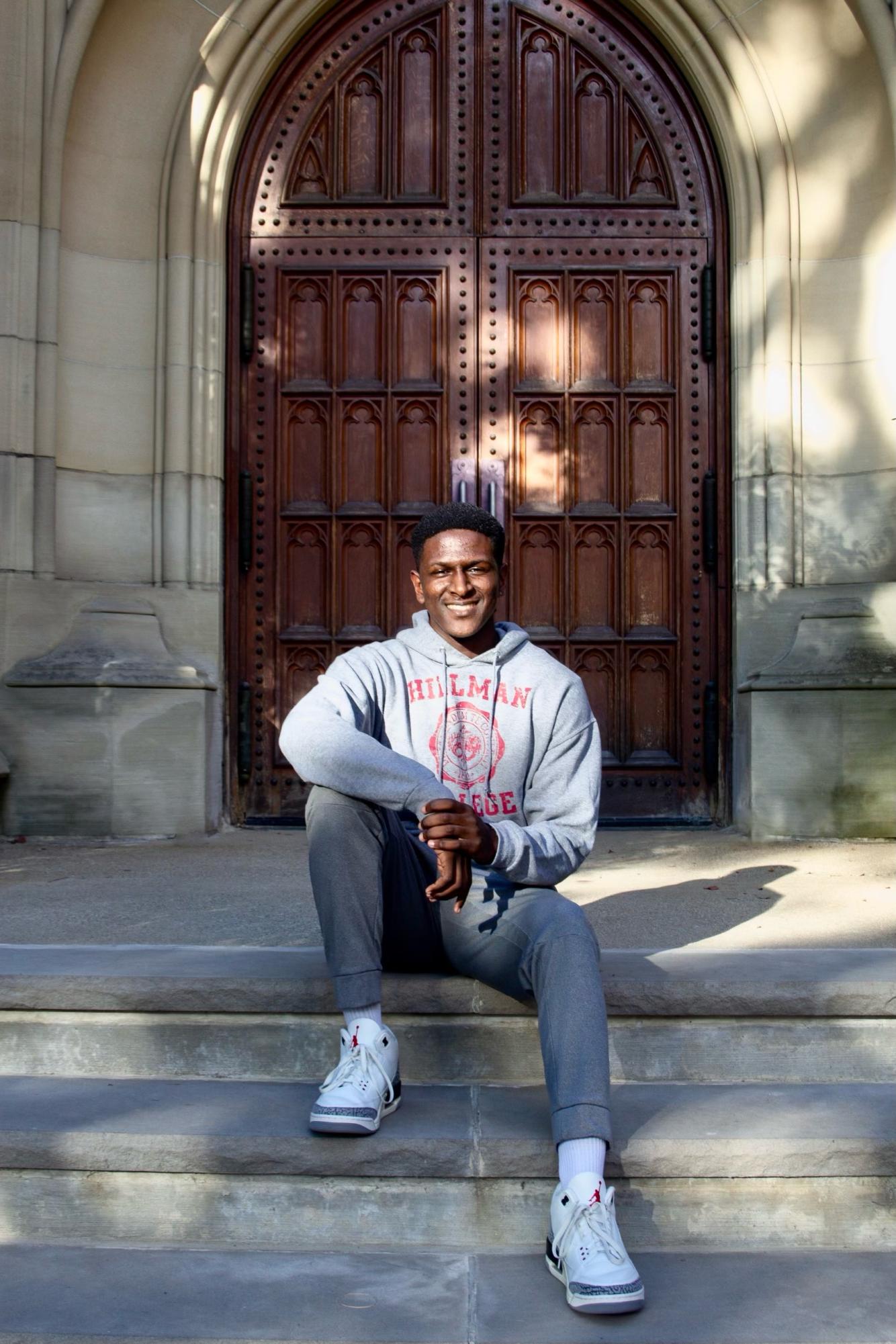As the school year starts to roar into action, students might be wondering to whom they should turn to to voice their concerns and frustrations. The Undergraduate Student Government (USG) is the natural mandate and is chartered to represent students at the university level. Shivangi Nanda, The Observer’s executive editor, sat down with Amman Spencer, a fourth-year nutritional biochemistry and metabolism student, who is the 2024-2025 president of USG.
Spencer started his USG adventure as a freshman representative before being elected twice as a representative in the College of Arts and Sciences. Spencer noted that his intention for running was simple. He said, “I really wanted to be in a position where I could have an impact and advocate on behalf of my fellow students.”
When asked about his goals for the upcoming semester, one word came to his mind: engagement.
Top of mind for Spencer is the new protest regulations, which were first sent out to students on Aug. 6. An Observer investigation showed that the university erroneously placed USG’s name in the preambulatory clause of the policies, which were soon changed after student and faculty backlash. To address this, Amman is seeking to collect student feedback and use that within USG. He said, “We plan on turning that into a resolution to hopefully amend the policies and really make sure that they reflect not only students’ values, but students’ concerns regarding the policy.” One possible avenue that Spencer is pursuing is a town hall-style event in collaboration with other umbrella organizations.
Part of his push for engagement is within USG itself. Acknowledging the issues of retention for members of USG, Spencer committed himself to “crafting a USG experience, really like a general assembly experience, that people can feel connected to.” He said, “I think there’s still a way that you can make that exciting and inspire people in the way that I’ve been inspired in my time in USG.”
Spencer repeatedly stressed the importance he sees in gathering student feedback. He said, “I think it really is my job as a president of USG to take the feelings of the student body and give it directly to the administration.” Spencer noted further that he values building trust with the administration and acting as a liaison figure while also noting that he also must be “firm on what matters most to students.”
One of those issues is the cost of tuition for attending Case Western Reserve University. For example, in 2023, tuition increased by roughly 5%. Spencer noted that he is hoping that students can be informed of their tuition expenses when first accepted into the university.
Spencer explained what this will mean in practice: “So when you get accepted as a freshman, they would actually provide a range of [tuition growth]. It can go up within this range, and then eventually the goal over time would be that that range becomes smaller and smaller.” He said that the university is already on board with this move.
When pressed on increasing communication, he promised that the weekly USG Newsletter will be returning. Spencer also stressed that he has new ideas, for example, by writing “more frequent updates about what we’re doing, what’s going on, kind of like a president’s address or a president’s update every once in a while.” He also prioritizes the importance of one-on-one communication. He said, “I think those one-on-one interactions, for me, have always built the best relationships.”
Ending out the interview, Spencer said, “I hope students know what USG is, what USG stands for, and that USG’s entire purpose is to represent the student body to the fullest. I want students to see us as a place that they can come to.”
Additional reporting contributed by Executive Editor Shivangi Nanda.



